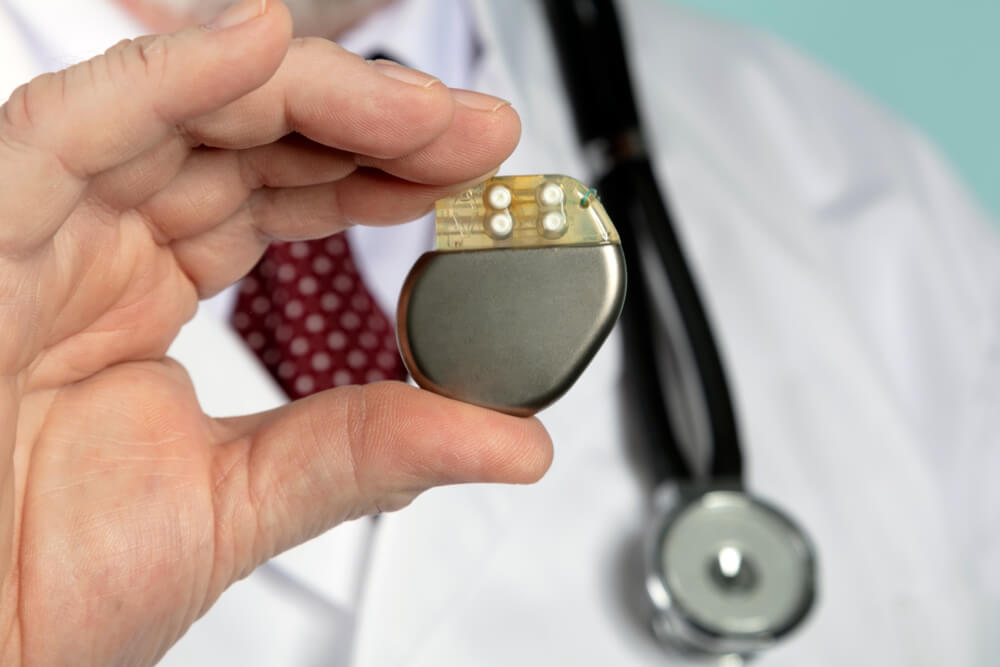A pacemaker is a small electric medical device that is put under the chest skin to assist manage your heartbeat. It’s utilized to aid your heartbeat to be more regular if you have an unsteady heartbeat called arrhythmia, especially a slow one. Inserting a pacemaker in your chest needs a surgical operation.
The latest pacemakers consist of two parts. First, is the pulse generator, it carries the electronics and battery that manage your heartbeat. And the second one is the leads which are electric ones that send signals to your heart. Leads are tiny wires that go from the pulse to your heart.
The pacemakers normally treats two kinds of arrhythmias:
- Bradycardia, too slow heartbeat
- Tachycardia, too fast heartbeat
Some individuals require a particular kind of pacemaker known as biventricular or bivent pacemaker.


